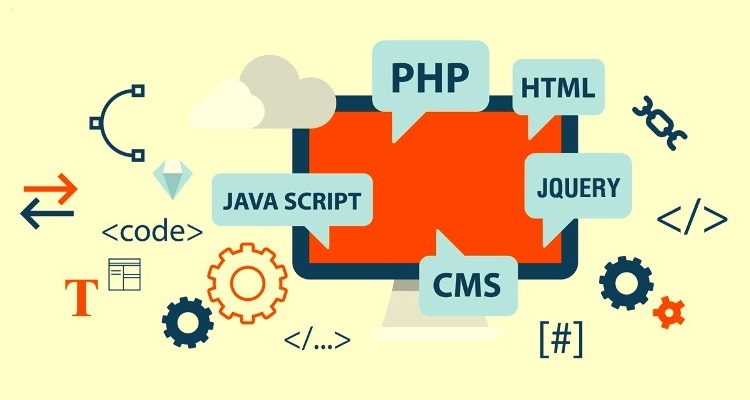
When we indicate the average loading time of a page, let's refer to time, that a website needs, to be fully charged from start to finish. What is the average loading time for websites? Of course, page speeds are different on different devices like desktop- and mobile devices are fundamentally different. Everyone seems to be in an angry turmoil, to optimize his website and reduce the time, in which the page is loaded. But why should you even care? This is because, that the loading time of the page is the decisive factor for this, whether a website visitor is doing further exploration or jumping to another.
Slow page loading time also affects SEO, the user experience and branding of your company. Look at the statistics, which contain the same information. The fast loading time of the page not only makes your users satisfied, it also reduces the bounce rate and improves conversions many times over.
Optimizing the image size – One of the easiest ways, Get a good page load speed, consists in it, compress the images on your website. If we say about the picture size, there is no place, it takes up on the screen. We mean the file size in bytes, which has a big impact on your page speed. High resolution images are difficult, generally capture more bandwidth and take longer to process.
Cache memory – Make sure, that your mobile browser uses the local storage, to cache the resources and avoid irrelevant server requests.
Using redirects – Redirects usually require additional processing time. Make the mobile site directly available to users. When you remove a page from your site, you have to make sure, that no other pages are linked to it. If this is the case, users receive an error screen, if you try, visit the new non-existent page.
Browser-Caching – Browser caching is also a form of caching, with which you can improve the loading speed of pages. With this technique, the browser can provide different information with style sheets, Save images and JavaScript files, so that the entire page does not have to be reloaded every time a user visits.
Most of the plugins – If you have multiple plugins on your site, this can lead to unnecessary expansion, which slow down the site. Additionally, outdated or poorly maintained plugins can create a security threat and even cause compatibility issues, that affect performance.
Shrink code – When Google loads a webpage, everything in this page code is loaded. The more complex and longer a code is, the longer the page takes to load.